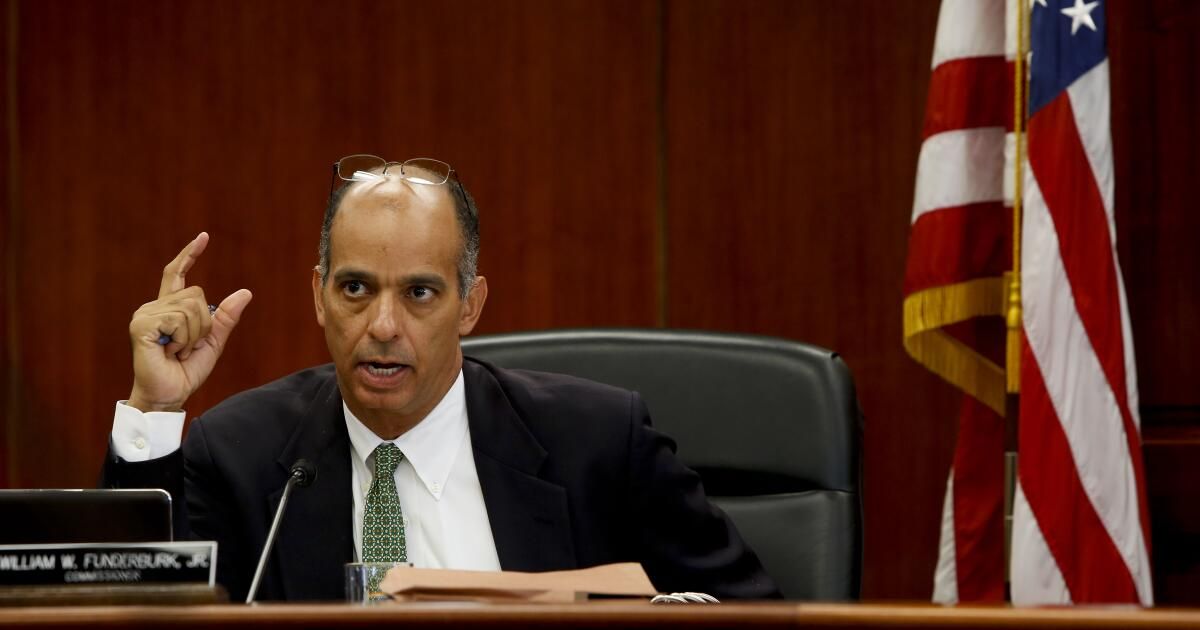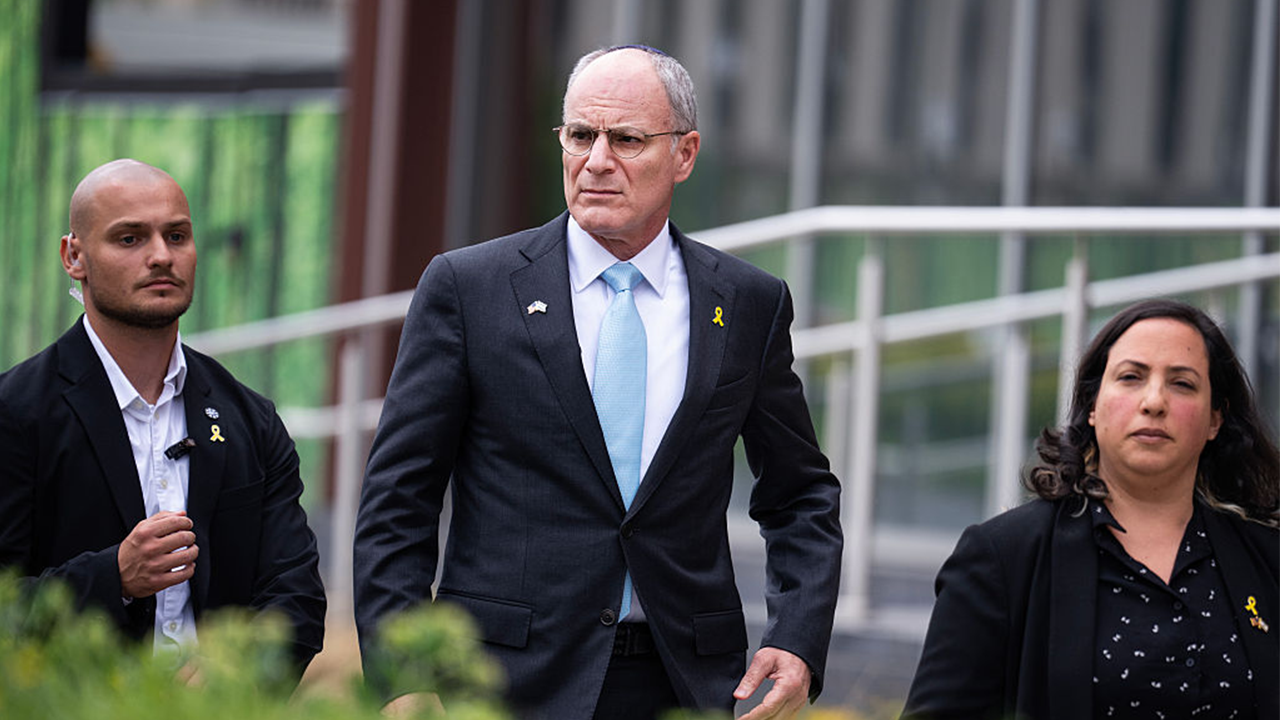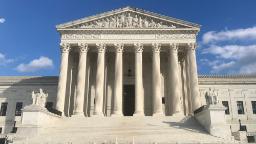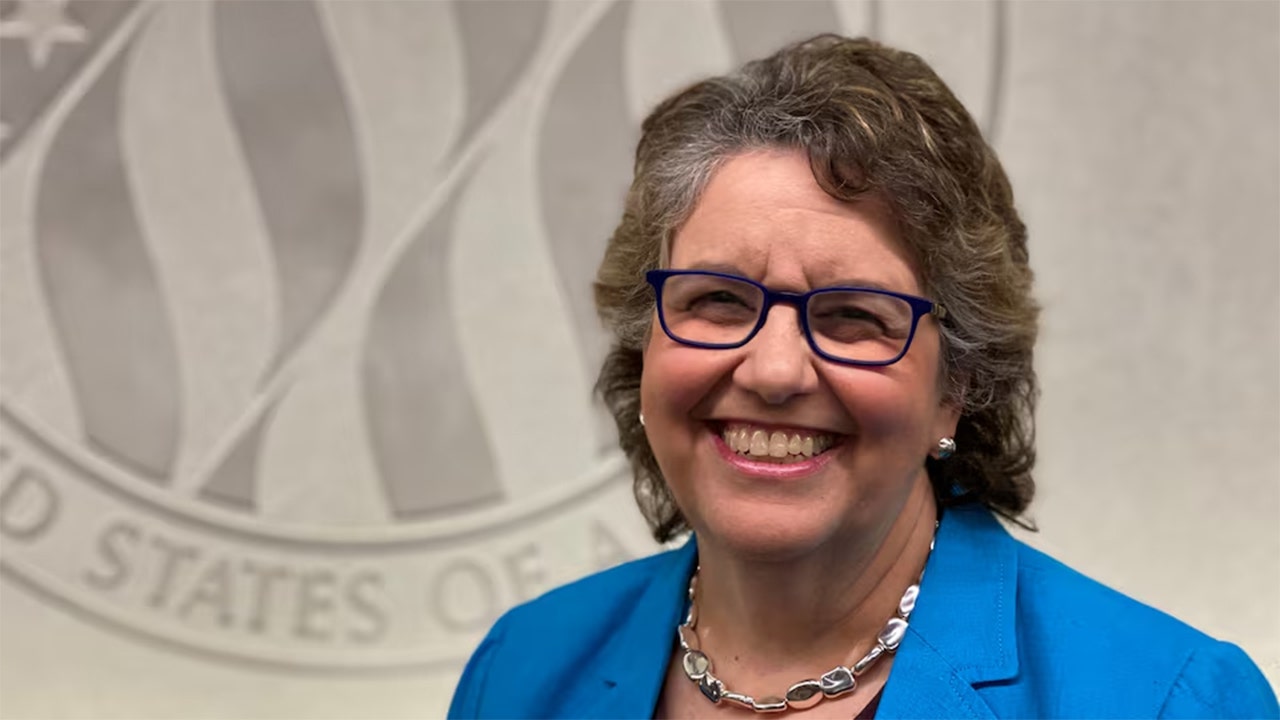Last week, the State Bar of California filed disciplinary charges against a former Los Angeles city official in connection with an alleged quid pro quo agreement involving a municipal contract.
William Funderburk, then vice chairman of the Los Angeles Department of Water and Power Board of Commissioners, approved the $30 million settlement at about the same time he sought and received pro bono legal work from the attorney who was awarded the contract, state bar prosecutors said.
Funderburk lied about accepting the pro bono legal work, valued at more than $30,000, during a 2020 interview with the U.S. attorney’s office, and also illegally solicited a political contribution, according to state bar prosecutors.
Funderburk is the first former city official to be charged by the State Bar in connection with a massive scandal at the DWP and the city attorney's office involving corrupt attorneys and illicit payments.
He faces five charges, including committing acts involving moral turpitude, dishonesty and corruption. If convicted, the State Bar could disbar him, suspend his law license or place him on probation.
The state bar's lead prosecutor, lead trial attorney George Cardona, said in a statement Wednesday that Funderburk “had an ethical and legal obligation to ensure that he did not take any actions that might appear to be influenced by any conflicts of interest or gifts he received.”
“Bill did nothing wrong,” said Funderburk's attorney, Jan Handzlik. “Once the full story is known, we are confident that Bill will be exonerated.”
Funderburk is a well-known environmental lawyer in Los Angeles Democratic circles and was appointed to the DWP board in 2013 by then-Mayor Eric Garcetti, but resigned in 2018.
State Bar prosecutors said that on June 6, 2017, Funderburk voted with other DWP board members to award a cybersecurity contract to Aventador, a company owned by Paul Paradis, then a New York attorney.
Before the vote, Funderburk had exchanged text messages with Paradis about a legal case involving Funderburk’s firm, according to bar prosecutors, and had also requested that Paradis provide legal services.
In the hallway before the vote at DWP headquarters, Funderburk met Paradis and expressed gratitude for his help with the legal matter, bar association prosecutors said.
Funderburk told Paradis something along the lines of, “You take care of me, I'll take care of you,” according to prosecutors.
“Paradis understood this statement to mean that the defendant would vote in favor of the Aventador contract if Paradis and [Paradis’ law firm] “He continued to provide defendant with unpaid legal services and assistance,” prosecutors wrote.
Paradis and his law firm provided 36.5 hours of pro bono work worth $31,477.50 to Funderburk between May and August 2017, according to prosecutors, who described how Paradis and his law partner reviewed court documents, conducted analysis and held meetings with Funderburk’s team.
Paradis was a central player in the DWP scandal, which has its roots in the disastrous implementation of a new DWP billing system launched in 2013. While working for the city attorney’s office, he secretly drafted a class-action lawsuit against the city in an effort to quickly resolve all of customers’ legal claims over the billing errors.
He pleaded guilty in 2021 to a federal bribery charge related to the bogus lawsuit but unrelated to his dealings with Funderburk, and received a reduced sentence of 33 months in exchange for his cooperation.
His plea agreement described how an unnamed DWP commissioner accepted free legal work from him, with details indicating Funderburk was the commissioner.
Handzlik reiterated Wednesday that Funderburk had never received free legal work from Paradis.
The Times on Wednesday reviewed three emails from 2017 in which Funderburk or employees of his law firm asked Paradis to review documents related to one of the firm's cases.
In one of the emails, dated August 6, 2017, Funderburk directed an employee at his law firm to send a document to Paradis and his law partner.
“[The brief] “There is still work to be done on this, but I want your input,” Funderburk wrote.
Handzlik said Funderburk had simply asked several attorneys, including Paradis, for “routine professional courtesies.”
“It was only much later, when he was implicating others in his massive scheme, that Paradis called Bill’s conduct improper and valued his ‘legal services’ at more than $30,000,” Handzlik said. “In fact, the Aventador resolution would have passed with or without Bill’s vote. It would have passed by a 4-0 vote even without his vote.”
Funderburk was never criminally charged or implicated in any way in the false lawsuit scheme.
In an Oct. 16, 2020, interview with federal prosecutors, Funderburk failed to disclose the legal work Paradis had done for him or that Paradis had purchased meals for him between five and seven times, prosecutors alleged.
Funderburk also failed to disclose to the government that he had directed a campaign contribution from Paradis to U.S. Sen. Kirsten Gillibrand (D-New York), according to the bar association's prosecutors.
An email seen by The Times shows that in October 2017, Funderburk sent Paradis and another lawyer an invitation to a fundraiser for Gillibrand that Funderburk would co-host. In the email, Funderburk instructed Paradis and the other lawyer to contact a financial adviser for Gillibrand.
Under city ethics laws, city commissioners cannot solicit contributions from people who have had a matter before their commission in the previous 12 months.
Handzlik denied that Funderburk had solicited a contribution from Paradis and argued that the city's ethics rule does not apply to federal candidates. He also said his client had told the truth when interviewed by the U.S. attorney's office.
In another case related to the DWP scandal, the State Bar on Wednesday announced a proposed 30-day license suspension for Richard Tom, a city attorney who worked on litigation stemming from the utility's billing mess.
Bar prosecutors said Tom made “false and misleading statements” in a court filing and in his deposition. Tom did not respond to a request for comment.












